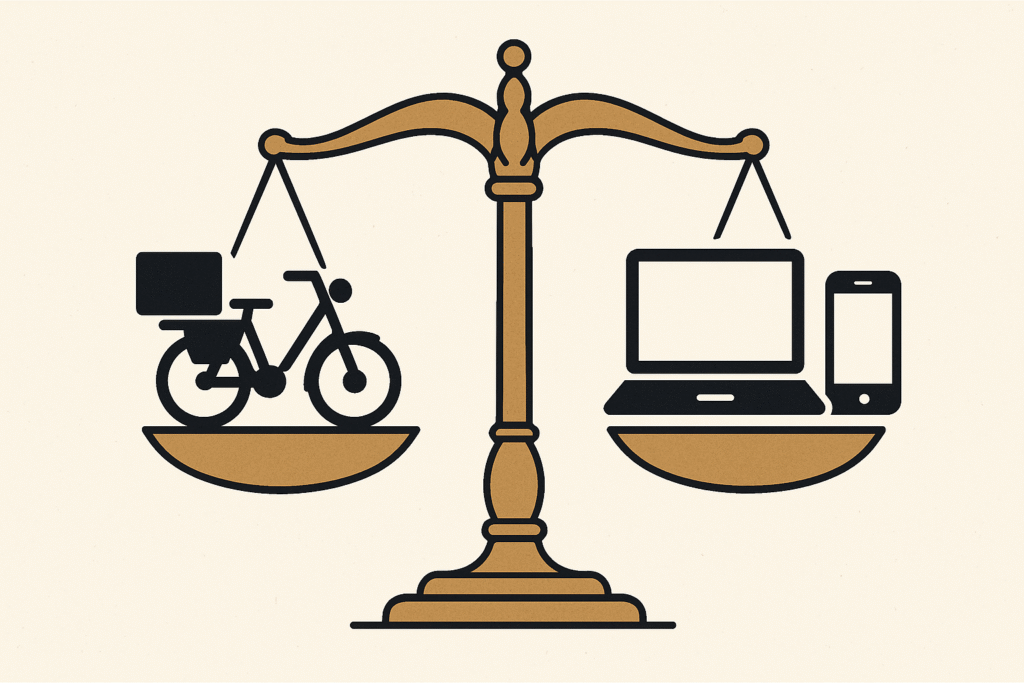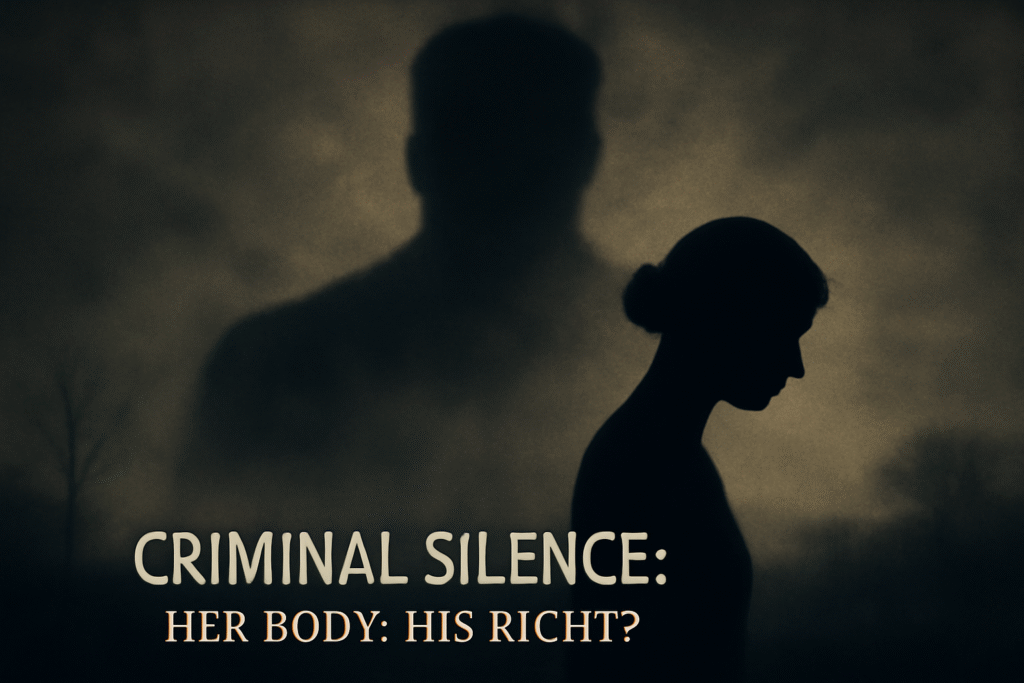Published on 19th July 2025
Authored By: Ritika Priyadarshini
Soa National Institute of Law
INTRODUCTION
Navtej Singh Johar vs Union of India is the landmark case where the Supreme court decriminalized homosexual relations, for LGBTQ+ it was victory. Under this case Section 377 of Indian Penal Code (IPC) was challenged along with previous law that criminalized “carnal intercourse against the order of nature,” effectively making homosexual acts illegal. The judgement of this reverse colonial era law and endorse “the principles of equality, dignity and privacy under the constitution of India”. Over the time of period Section 377 became a reason for harassing the community of LGBTQ+. This case comprises of five judge bench “CJI Dipak Mishra, Justice Rohinton Fali Nariman, Justice A.M.Khanwilkar, Justice D.Y.Chandrachud, Justice Indu Malhotra”. This law was applicable technically for the unlawful sexual acts done by the heterosexuals also but widely it was used for the prosecution or for the harassment of queer community.
FACTS
“Consensual sex between the homosexuals as an unnatural offence and criminalized” it under section 377 of Indian Penal Code. A minority section is discriminated solely for the sexual orientation. In the case Suresh Kaushal and Anr v. NAZ Foundation and Ors this section was challenged by stating that Article 14,15 and 21 of the Indian Constitution was violated. The Supreme Court declared a judgement that the decision of decriminalizing homosexuality should have been made by Parliament instead of courts. The courts can only do so if it is proved beyond reasonable doubts that the law infringes constitutional provisions. 200 cases have been arisen in 150 years; but, it’s not a sound basis for declaring that section 377 IPC ultra vires the provision of Art 14,15 and 21 of the Constitution. On the basis of the aforesaid reasons, the High Court declared Section 377 IPC violative of Articles 14, 15 and 21 of the Constitution in so far as it criminalises consensual sexual acts of adults in private, whereas for non-consensual penile non-vaginal sex and penile non- vaginal sex involving minors, the High Court ruled that Section 377 IPC was valid.
ISSUES
In this case the Supreme Court states several constitutional issues validity of Section 377 of Indian Penal Code. The issues were:
- Article 14 violation of right of equality: There was a lack of clear meaning of carnal intercourse against the order of nature under the section 377 leading misuse and discrimination against the community of LGBTQ+. This resulted in unfair treatment under the law, what’s why contravene of article 14 of the constitution.
- Article 15 states prohibition of discrimination: Under section 377 it was asserted sexual orientation discrimination against a person. Article 15 prohibits discrimination on many kinds of grounds which also includes sex, this criminalization was argued to infringe.
- Article 21 right to life and personal liberty: Under this article the criminalization of same sex conduct was challenged to contravene upon right to life and personal liberty.
These issues questioned about the validation of constitution of section 377, concerning the impact of fundamental rights and equality, avoid discrimination, freedom of expression and personal liberty in Constitution of India.
JUDGEMENT
The court said that it does not matter how small the community of LGBTQ+ is, they also have privacy right which also includes sexual orientation and should enjoy it. They cannot be punished on the bases of their different choice of partner. “Section 377 under the Indian Penal Code does curtail their human dignity and their personal choice, therefore violating their right to privacy which is covered under Article 21”.
The main aim behind reserving Section 377 under Indian Penal Code is to safeguard children and women from harassment by “non- consensual carnal intercourse but consensual carnal intercourse which is performed by the LGBTQ+ community, is neither injurious to children nor women”. Individual cannot be restricted from choosing their partner for sexual relationship. But Indian Constitution is liberal and right of choice is not absolute. Few restrictions were also imposed. Under Section 377 of Indian Penal Code restricts the right of LGBTQ community to choose a partner for sexual activities and therefore irrational and arbitrary. The Supreme Court stated that Section 377 is unconstitutional to some extent as it violates Article 14,15,21 of the Indian Constitution.
ANALYSIS
The Navtej Singh Johar vs Union of India is the landmark judgement in history of the Constitution of India, in this judgement Supreme Court decriminalized consensual homosexual acts by making some changes in section 377 of the Indian Penal Code. This old school era law criminalized the carnal intercourse against the nature’s order, the LGBTQ+ community had been suffering from harassment and discrimination from long time.
The plaintiff challenged Section 377 of Indian Penal Code on the bases of violation of fundamental rights Article 14 that is right to equalty,15 that is prohibition of discrimination,21 that is right to life and personal liberty. This consist of five judge bench for providing the decision.
The court recognized the sexual orientation as a natural and fixed identity. It is considered that the undefined words leds to interpretation and used as a weapon against the LGBTQ+ community, by violating article 14. The judgement also consider article 15 that the sexual orientation must interpreted to envolve as the ground of sex. The right to privacy was upheld under article 21 which establish the sexual orientation as a part of individual identity.
The judgement upheld the validity of constitution of section 377. It acknowledge the judicial role in minority rights against major and prevent the equality of every citizens.
This case is considered as milestone for the LGBTQ community and also in India for its inclusive and which guarantees fundamental rights to every citizen of the country irrespective of their sexual interest or orientation.
In this case the judgement not only provide lawful relief but also showed the power of LGBTQ+ community. This also shows that the constitution of India is capable of adopting new things with the need of time despite being the living document. The court interpret that the constitutional values must be prevented that against the opinion of majority. The one of the most markable facts of this was the social morality was below the constitutional morality. This bench committee also mentioned that values of society is not static. And the laws of colonial era infringe upon the fundamental rights of India. The judgement also recognized the judicial responsibility in preventing the minorities rights and enlarging the communities who does not have any political hands to get their rights using lawful means.
The court acknowledge the sexual interest of every individual including the homosexual and provide legal reforms relating to the rights of LGBTQ+. This case Navtej Singh Johar vs Union of India was a victory in the courtroom and shoes a great equality in the society.
CONCLUSION
The Navtej Singh Johar vs Union of India case is the landmark judgement that helps in preventing the fundamental rights of LGBTQ+ community in India. Under Section 377 of the Indian Penal Code, the Supreme Court of India decriminalized the homosexual activities between the adults, historical moment for equality, personal liberty in the country.
This case focus on the validation of constitution under section 377 of Indian Penal Code which criminalized carnal intercourse against the nature’s order. This target and used against the LGBTQ+ community but it is applied to all person’s. The plaintiff challenged that this law violates the article 14 right to equality, article 15 prohibition of discrimination and article 21 right to life and personal liberty of Constitution of Indian The court agreed that the colonial era law leds to the enforcement and discrimination.
A five judge bench give their unanimously decision about the consensual same- sex relationship between the adults are not crime and criminalized activities under section 377 was unconstitutional. The constitutional morality should depends upon the societal morality according to the court. Under Article 21 the right to life and express individual sexuality with out any fear as sexual orientation is a natural part of person’s identity.
The highlights of judgement the important judicial prevention for the minority rights. It argued that very section of the society deserves the fundamental rights and protection of constitution. The Supreme Court decision identify the importances of freedom of chosing partner as an important parts of person liberty. The rule and interpretation of the Indian Constitution which line up the India with International human rights and the causes of rights of LGBTQ+. Meanwhile, the court declared the consensual acts among adults is unconstitutional under section 377.
This judgement is the milestone the community of LGBTQ+ as well in the legal history of India.
REFERENCES
- “Navtej Singh Johar v. Union of India (2018)” (Aashayein Judiciary) <https://www.alec.co.in/judgement-page/navtej-singh-johar-v-union-of-india-2018> accessed March 29, 2025
- “Case Summary: Navtej Singh Johar v/s Union Of India” <https://www.legalserviceindia.com/legal/article-6402-case-summary-navtej-singh-johar-v-s-union-of-india.html> accessed March 29, 2025
- Admin, “Why Is Article 14, 19 and 21 Called the Golden Triangle? [Get the Answers at BYJU’S]” BYJU’S (August 26, 2021) <https://byjus.com/ias-questions/why-is-article-14-19-and-21-called-the-golden-triangle/> accessed March 29, 2025
- mirzawardahbeg, “Navtej Singh Johar v. UOI : Decriminalized Homosexuality” (iPleaders, February 7, 2024) <https://blog.ipleaders.in/navtej-singh-johar-v-uoi-judgment-which-decriminalized-homosexuality/#Judgement-3> accessed March 30, 2025



